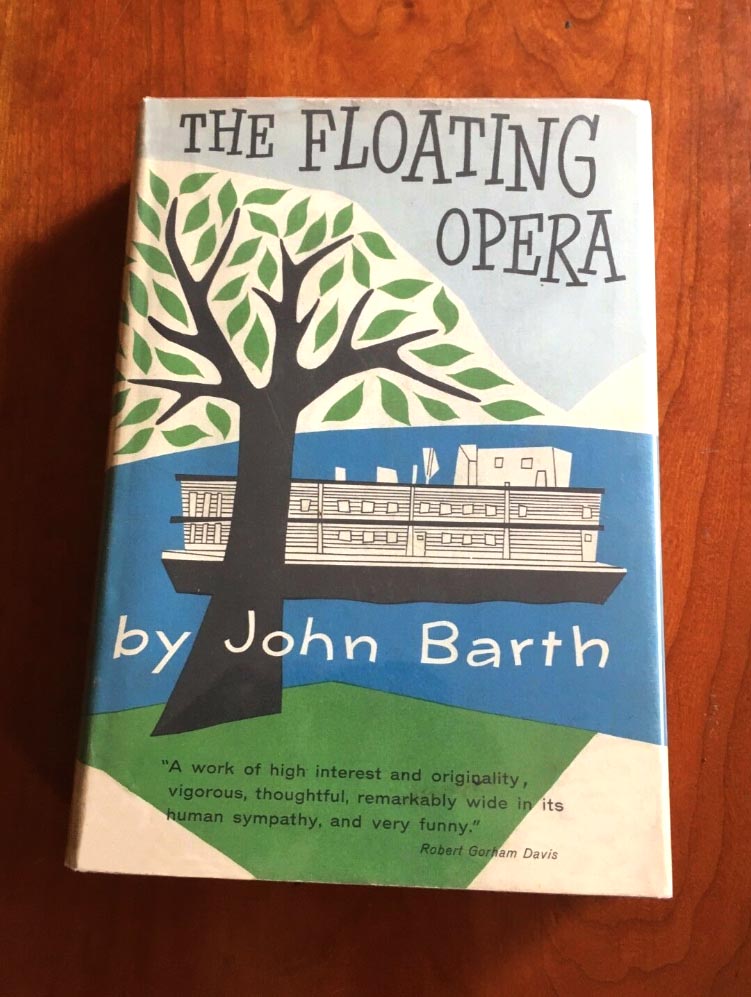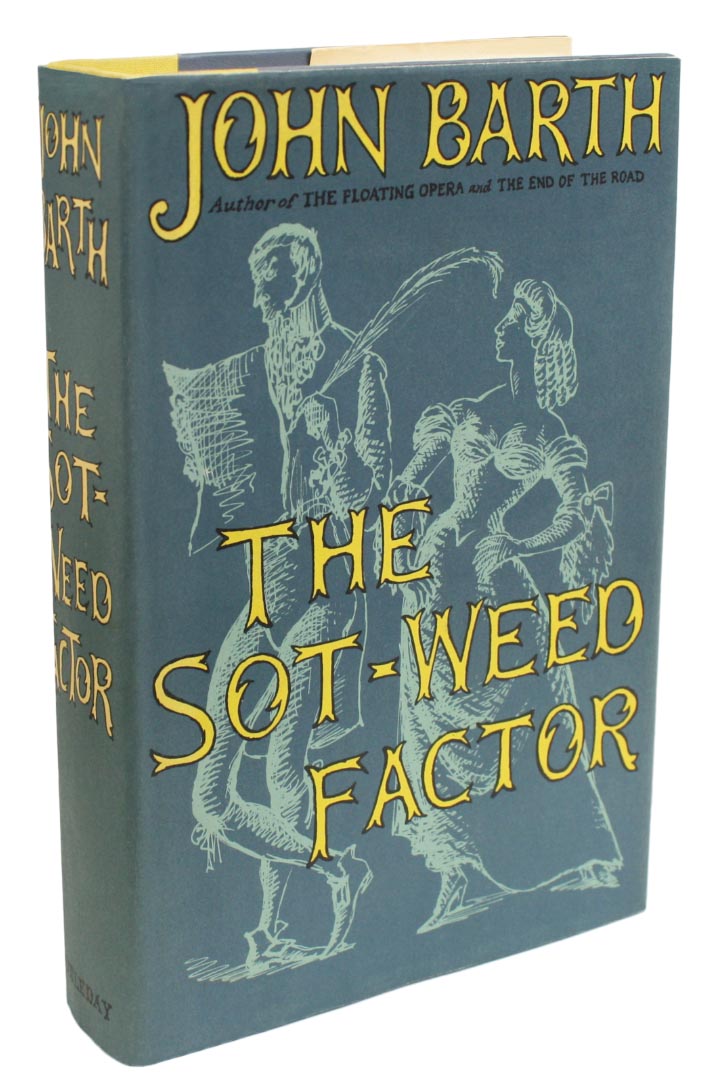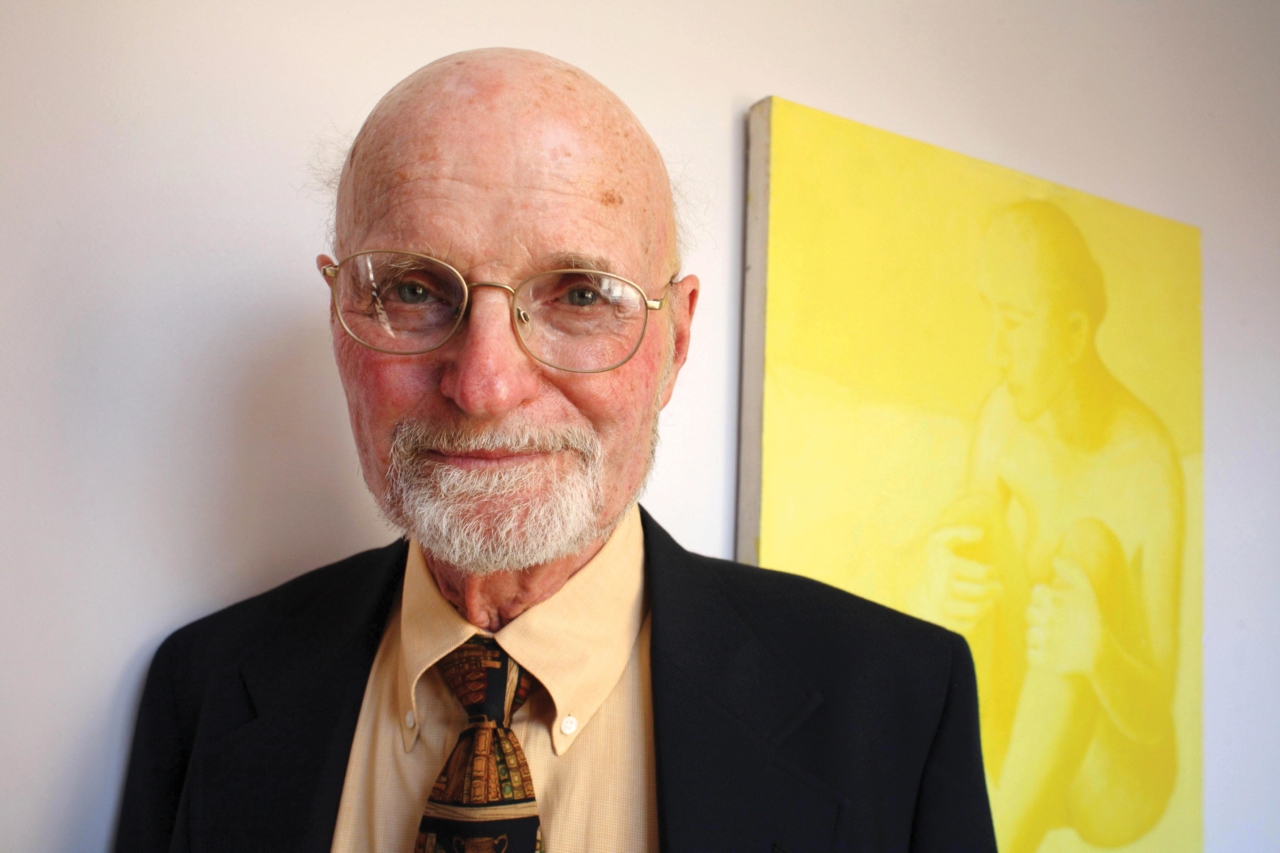Award-Winning Novelist John Barth May Be The Shore's Most Prominent Resident You've Never Heard Of
Written by Joe Willey
Ironically, one of the Eastern Shore’s most famous natives is not well known on the Eastern Shore. The critically acclaimed novelist John Barth was born and raised in Cambridge, and the area’s influence has never left him. The town, nestled on the banks of the Choptank River and bordered by a vast expanse of wetlands and wildlife, played a role in his early work and continues to course through his career.
John Barth was born in 1930, and he grew up in a house near the Choptank River. His father, called Whitey, owned a soda fountain, appropriately named Whitey’s Candyland, which locals shortened to Whitey’s. Jack, as Barth was called, grew up in the town and around the store.
Barth was musically inclined and left Cambridge for New York, briefly studying at Juilliard before attending Johns Hopkins University, where he received his BA in 1951 and master’s in ’52. During that time, he married, became a father and began his long-standing career as a college professor.


His first novel, The Floating Opera, has a title inspired by Barth’s boyhood memories. In it, a mobile floating theater company called The James Adams Floating Theatre would sail into town and dock at Long Wharf, where the young Barth would see it moored. The novel was nominated for the National Book Award in 1957. His best-selling novel, The Sot-Weed Factor, published in 1960, was again set in Maryland. Other works followed, including Chimera, for which he was awarded the National Book Award in 1972. His most recent novel, Every Third Thought, was published in 2011.

It is said that whatever is bred in the bone will out in the flesh. If the salt of the Choptank River and the marshes of Dorchester County are what created the bones of Barth and his works are his flesh, then this is true. Respect for the postmodern works of John Barth may not be universally known or appreciated, but it is certain that the landscape and history of his hometown run like a tide through the soul of his works.

A literary giant, indeed. After falling in love with his work, I spent nine years fighting for getting the first Swedish translation of a Barth book (Lost in the Funhouse) published, finally succeeding in 2018; I’ve never been as proud of any other translation of mine. I was delighted to find and read this portrait, and to see such lovely (recent?) pictures. Thank you.
A true genius of the craft. He’s one of those greats whose name I see coming up more and more in the online literature circles, I really think he’s being rediscovered as we speak.